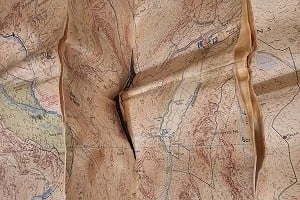
Boardman and Tasker: do you have trouble keeping track of who is who? Well, it's even worse with Tilman and Shipton. They imitate each other in a common imprint of The Six (in Tilman's case Seven) Mountain Travel Books, and even share a joint biography by Jim Perrin – the two of them bound together on the library shelf as they were in life. They even died in the same year, 1977.
The very short answer: Shipton is the bloke who mostly didn't do stuff in boats. But for the rather longer one, take up the second of his autobiographies. That Untravelled World, is a whole-life summary written in 1969. It has the advantage of being one book rather than six. It also has the advantage of a commissioning editor who chose to supplement the grey-on-grey photos from the 1930s with scraperboard drawings and a romantic cover by the Hungarian-born illustrator Val Biro.
In a way Shipton's is a story of failures that actually turned out okay
Is 'Untravelled World' a classic? Or, given the occasional lapses into colonial attitudes (both in Kenya and the Himalaya), an ex-classic? Shipton's books were among the earliest written not out of any creative literary urge, not for fun or purely for boasting purposes, but mainly to raise the £150 for his next expedition in a less painful way than the embarrassing lecture tours.
Like most books that have survived from the pre-television era, Untravelled is written with a clean, clear style. And it features a series of astonishing or amusing moments, simply told. The time he took a complete beginner, Bill Tilman indeed, up the third ascent of Mount Kenya by an unexplored and difficult new route. Such sports as dead goat polo and hunting gazelles with eagles, played out north of the Karakoram. Exploring the glaciers of the same range using camels. Plus, of course, the finding of the yeti footprints around the back of Everest.
The long, lonely and hugely uncomfortable journeys through the Karakoram and Patagonia: they were what life was for. The one less enjoyable bit was Everest in 1933 and 1936, in big, hundred-porter expeditions, 'a grim and joyless business'. Though even those were redeemed by the weeks-long hike in through Tibet.
A pioneer of the unencumbered, lightweight expedition, Shipton reckoned to spend five months in the Himalaya with two Sherpas for £150 (around £10,000 today), living on the locally available diet of flour and clarified butter. Shipton had trouble finding a companion for that one: "Maybe the prospect of living for five months on flour and ghee was a deterrent." Fortunately, however, Tilman had just given up on a spot of gold prospecting in Kenya; and after cycling right across Africa living on bananas was ready to welcome a marginally more varied diet. Together they explored the approaches to Nanda Devi. Tilman would climb that the following year – but Shipton had by then abandoned the upward in favour of the long, lumpy and unexplored.
In a way Shipton's is a story of failures that actually turned out okay. Rejected from Harrow school and dropped out of Cambridge, he gets sent off to grow coffee in Kenya – only to find himself standing at the foot of Mount Kenya, with a chap called Bill Tilman stuck on another coffee farm just around the mountain. (Well, a chap called 'Tilman' – the 'Bill' came only after several years of shared climbs and Himalayan journeys.) As World War Two gets underway, he's just starting off as an unsuccessful army officer – when he gets sent to Kashgar, in the desert plains to north of the Karakoram, to be the British Consul there. Perhaps chosen as the only chap who'd appreciate the two-month walk in to the office.
The lesson is, of course, that given the right attitude failure is just another sort of success. Well it could be, except that such sentimental self-deception was one of the things Eric Shipton especially disliked. "The quality I like most in people is the habit of straight-thinking, of avoiding protective affectation" – he would have hated the soggy emotionalism of some 21st-century outdoor writing. Maybe the moral we should draw instead is a different one. To enjoy fast, lightweight travel through huge tracts of unexplored country, there's just one thing that matters. It's best to be born into the 1930s.
- Mountain Literature Classics: Of Walking in Ice by Werner Herzog 15 Feb
- Mountain Literature Classics: South Col by Wilfrid Noyce 9 Jan
- My Favourite Map: Geology Plus Glaciers 11 Dec, 2023
- Mountain Literature Classics: Free Solo with Alex Honnold 29 Nov, 2023
- Mountain Literature Classics: Sir Gawain and the Green Knight 4 May, 2023
- Mountain Literature Classics: Menlove 9 Mar, 2023
- Mini Guide: The Cheviots 27 Feb, 2023
- Mountain Literature Classics: Basho - Narrow Road to the Deep North 12 Jan, 2023
- Mountain Literature Classics: Conquistadors of the Useless by Lionel Terray 17 Nov, 2022
- Mountain Literature Classics: Mont Blanc, Lines Written in the Vale of Chamouni 20 Oct, 2022



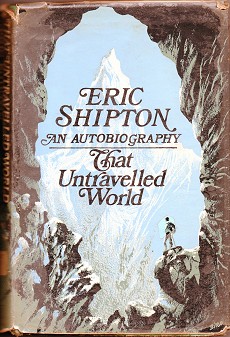
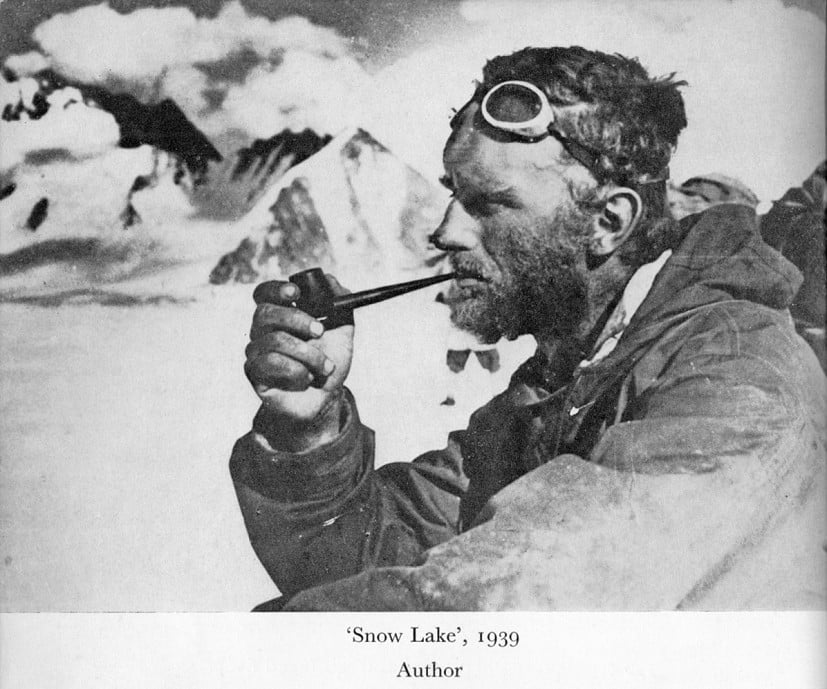
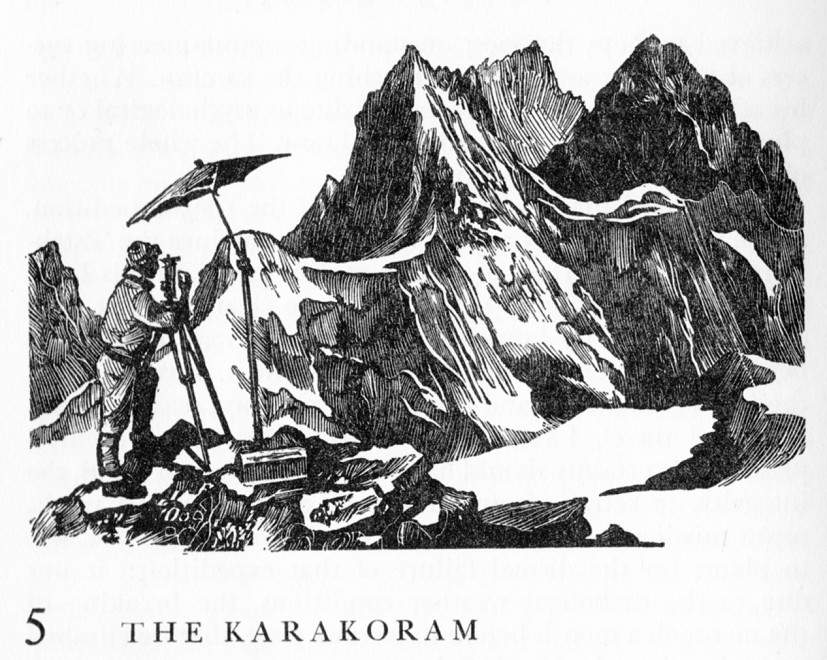
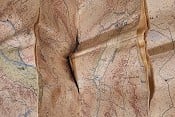
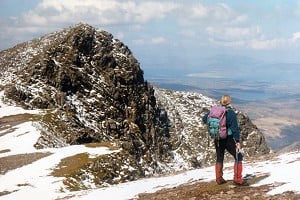
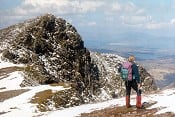
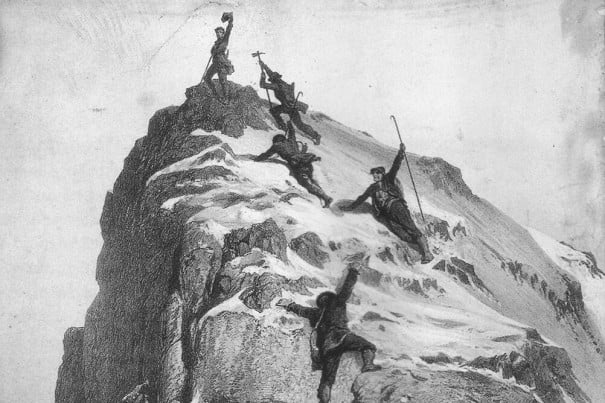
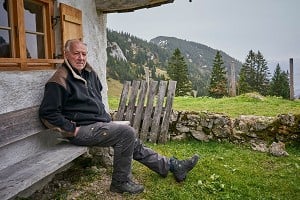
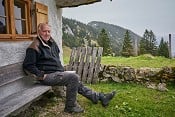
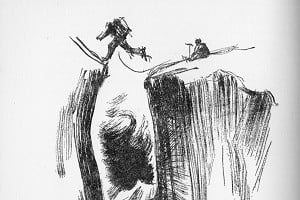
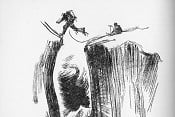
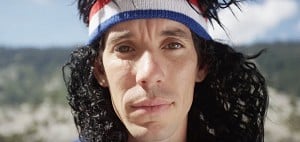

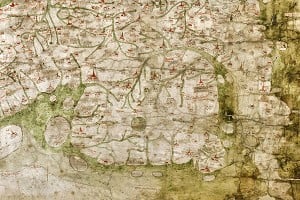

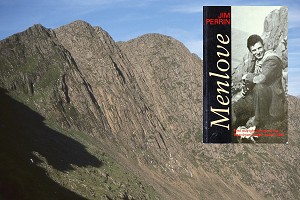

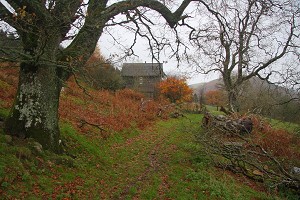



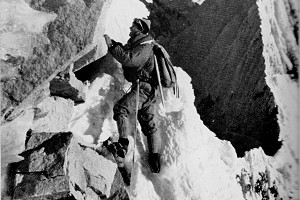
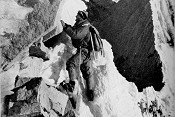
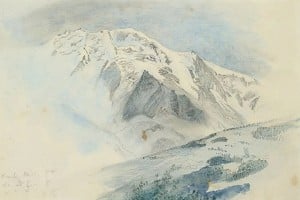
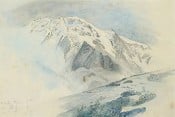
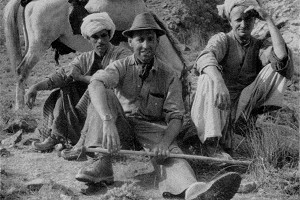
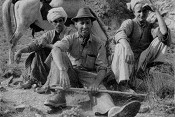
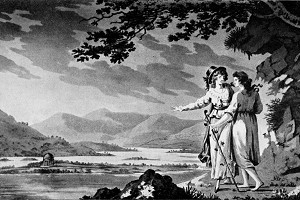
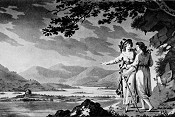
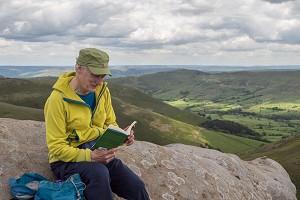

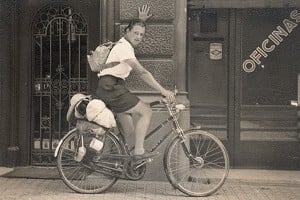
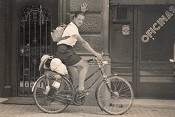
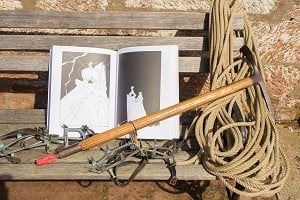
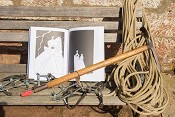
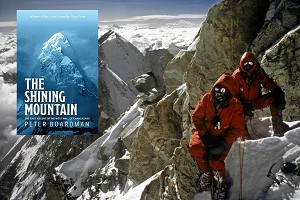
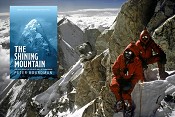




Comments
Lovely stuff, Ronald. I believe I so far forgot myself as to nod approvingly.
(Yes, I know the reference is Tilman)
Many thanks for reminding me of this.
I'm old enough to have been inspired reading Eric Shipton as a teenager and to have been able to follow (much less competently) in some of his footsteps when it was still possible to do so, in the Ruwenzori and the Nanda Devi sanctuary in the 70's.
I've sometimes wondered if the history of Everest, particularly its commercialisation, might have turned out differently if Shipton had been retained as leader of the 1953 expedition and they had succeeded in the lightweight, small team, style that he favoured.
Martin
I don't see how the commercialisation could have been avoided, given that it's the highest mountain in the world, in a very poor country. It's their goldmine, and they want as many Sherpas and porters to be employed as possible.